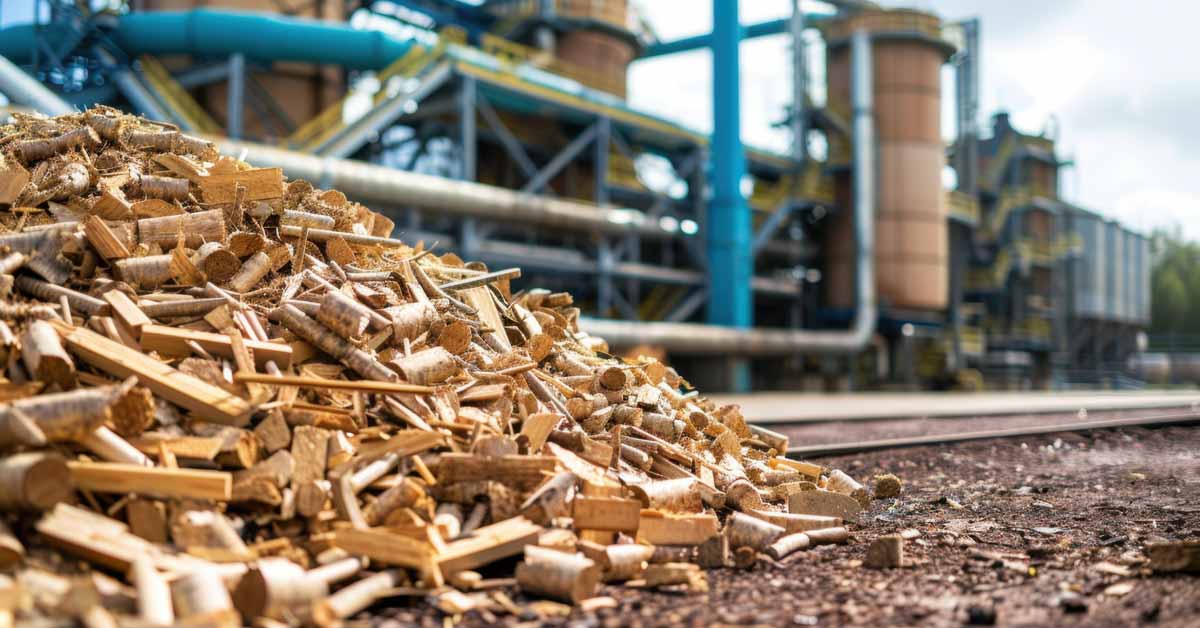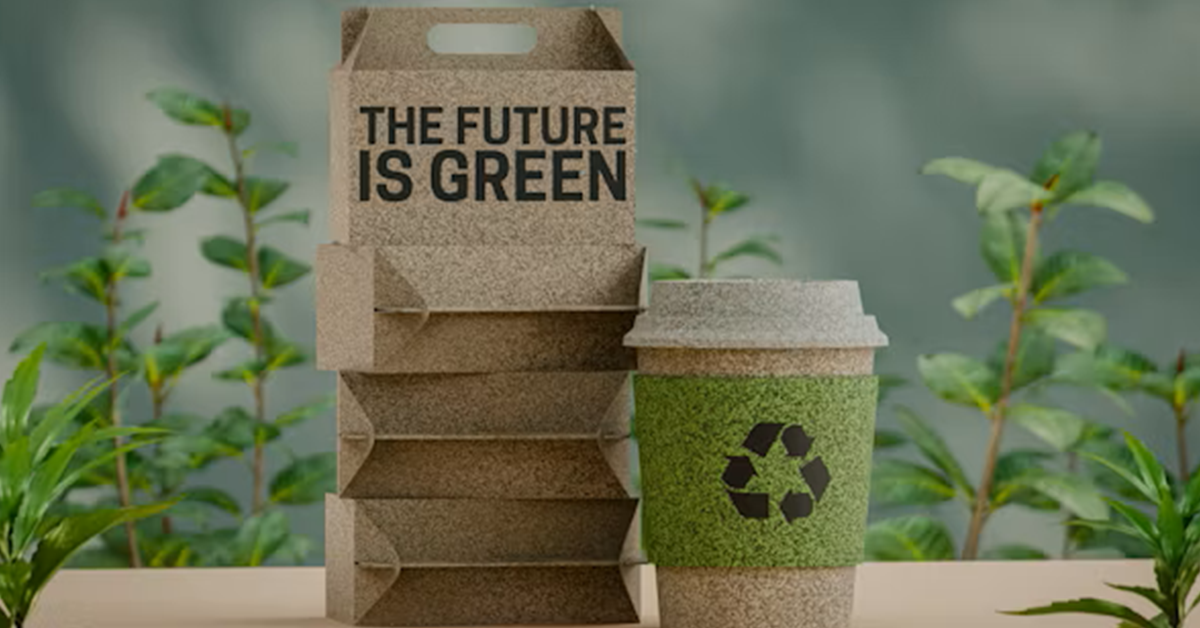3 min read
Finland's Leadership with Bioenergy and Its Impact on the Forest Products Industry
ResourceWise
:
Oct 28, 2024 12:00:00 AM

In a time when sustainable energy has become a necessity, Finland is emerging as a leader in innovation and adaptability. It was recently reported that the country is ready to rely entirely on bioenergy for months if needed. This remarkable ability shows Finland's dedication to renewable energy and has significant effects on the forest products industry. For those in this field, understanding these effects is vital.
Exploring Biofuel in Finland
Bioenergy has risen up as Finland’s largest renewable energy source, playing a pivotal role in reducing carbon emissions and ensuring energy security. This is particularly significant given the increasing volatility in global energy markets.
According to Finnish Bioenergy Association expert Erika Laajalahti, Finland is uniquely positioned to harness biogenic carbon dioxide from various sectors—ranging from the forest industry to biorefineries and waste-to-energy plants. This capability not only supports energy production but also enables Finland to reduce emissions through innovative carbon capture, utilization, and storage (CCUS) technologies.
The potential for capturing biogenic CO2 is substantial. Finland generates approximately 28 million tons annually from large point sources. The amount nearly matches the country's total fossil emissions in 2022.
This volume emphasizes the significance of bioenergy as a sustainable resource and the potential for transforming Finland into a leader in carbon-neutral energy solutions. For bioenergy professionals, Finland's strategy serves as a model for integrating renewable energy in a manner that benefits both the environment and the economy.
Major Wood-Based Carbon Dioxide Projects in Finland
Several significant projects are underway in Finland, showcasing its commitment to sustainability and innovation in the forest products industry.
One notable initiative involves a collaboration between Metsä Group, a major player in the Finnish forest industry, and Andritz AG, an Austrian technology company. Together, they are exploring the feasibility of constructing a carbon capture facility adjacent to a bioproduct mill capable of capturing four million tons of carbon dioxide annually.
Metsä Group's Kemi bioproduct mill, already the largest wood-processing mill in the northern hemisphere, underscores the scale and ambition of this project. Following the feasibility study with Andritz, the project is expected to advance to the pilot phase at Metsä Group's Rauma mill by 2025.
This initiative highlights the potential for transforming CO2 from a problematic emission into a valuable resource. It is paving the way for sustainable industrial practices at a much broader scale.
The forest products industry stands to benefit significantly from such advancements. By converting captured carbon into new materials, the industry can generate additional revenue streams while enhancing its environmental credentials. This approach aligns with the growing demand for sustainable products and presents an opportunity for businesses to differentiate themselves in a competitive market.
Implications for the Forest Products Industry
The successful implementation of carbon capture technologies could revolutionize the forest products industry, introducing a high-volume, wood-based raw material. This shift would position the industry as a key player in the transition to a low-carbon economy.
However, it also poses challenges that industry professionals must address.
Firstly, the volatility of energy prices, driven by unpredictable wind and solar power generation, impacts the economics of bioenergy. While wood-based energy provides some stability, the industry must adapt to fluctuations in electricity prices.
Investments in electricity-based boilers, designed for use during low-price periods, are already underway. However, regulatory challenges persist, particularly in Europe, where wood combustion faces scrutiny despite being considered carbon neutral.
When looking at prices, the current energy shortage has led to pulpwood combustion and the diversion of saw logs to pulp production. This has resulted in unusually high log prices while the sawn timber prices are low. Pulpwood prices have also increased substantially.
This situation demands a strategic approach to resource management, balancing immediate energy needs with long-term sustainability goals. For professionals in the forest products industry, navigating these complexities requires a deep understanding of market dynamics and a commitment to sustainable practices.
Leveraging ResourceWise for Industry Insights
Finland's ability to rely on bioenergy for sustained periods exemplifies the potential of renewable energy in driving economic growth and environmental sustainability. For the forest products industry, this development presents both opportunities and challenges.
ResourceWise offers invaluable support with our expertise in forest products, low-carbon fuels, and biomaterials. With decades of experience and a focus on data-driven insights, ResourceWise helps customers make informed decisions, optimize operations, and adapt to a changing market.
By leveraging our comprehensive analytics and strategic consulting services, businesses can enhance their performance, reduce environmental impact, and seize opportunities in the bioenergy sector.



![[Video] Molecules to Markets Episode 1: Chemical Markets Begin 2026 in a Supply-Driven, Margin-Sensitive Environment](https://www.resourcewise.com/hubfs/images-and-graphics/blog/chemicals/2026/weekly-video-series-molecules-to-markets/CHEM-Weekly-Video-Series-Molecules-to-Markets-Episode-1.png)

